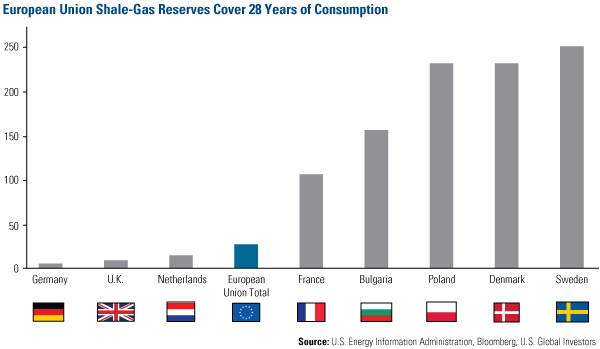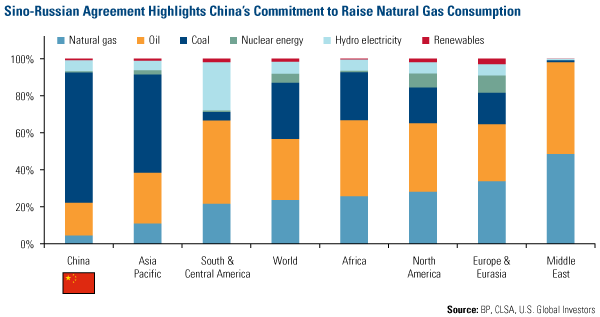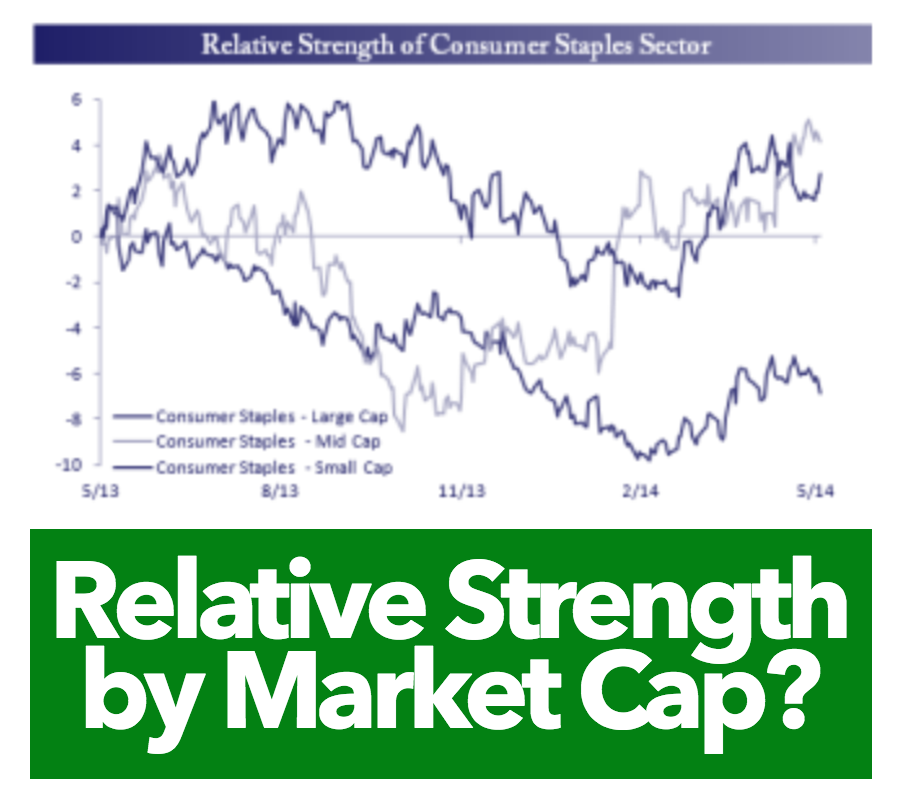Emerging Markets Radar (May 26, 2014)
Strengths
- HSBC Flash China Manufacturing Purchasing Managers’ Index (PMI) was stronger than expected at 49.7 in May, compared with 48.1 in April. This is the highest reading in five months and the largest sequential improvement since August 2013, driven mainly by recovering export orders and easing deflationary pricing.
- Turkey’s central bank cut its benchmark interest rate by 50 basis points in a decision that took economists by surprise and sparked rallies in both the Turkish lira and the domestic equity market. The central bank argued that inflation should decelerate later this year because of domestic demand growing slower than in the past while thriving exports help narrow its large current account deficit.
- Dedicated emerging market equity funds reported inflows of $1 billion for the week ending May 21, 2014, more than doubling the inflow of $0.46 billion for last week. Within the emerging market complex, global emerging market (GEM) funds reported the largest inflows. At the country level, China, South Africa and Brazil reported the largest inflows.
Weaknesses
- The Center for European Economic Research (ZEW) suggested in its monthly bulletin that economic expectations for Germany have continued to worsen in May. The ZEW Indicator of Economic Sentiment decreased 10.1 points to 33.1 points, slightly above its historical average of 24.7 points. The decline suggests there are indications that Germany will not be able to maintain this fast pace of growth.
- The strong pace of growth in the eurozone eased slightly in May mainly due to slower factory activity. The eurozone manufacturing PMI for May fell to 52.5, missing economists’ estimates for 53.2. Despite the slowdown, the service industry unexpectedly picked up, showing the recovery is gaining traction. In addition, the composite PMI was the second-strongest over the past three years and brings the second-quarter average to the highest since the second quarter of 2011.
- Investors took profits in both Indonesian equities and currency this week, as presidential frontrunner Joko Widodo’s major competitor Prabowo Subianto formed an alliance with the second-most popular political party in the country, adding to uncertainty of the election outcome and difficulty of parliamentary politics going forward.
Opportunities
- A recent Sino-Russian, gas-supply agreement epitomizes China’s commitment to new targets for natural gas to comprise 7 percent of total energy supply in 2015, and 9 percent in 2017. This compares to 5 percent currently. Rising gas supply and lower cost for imported gas should benefit natural gas distributors in the longer term, especially for those located in Northeastern China.
- The London Stock Exchange is expecting the busiest year for initial public offerings (IPOs) from developing countries since 2008. Emerging market companies are taking advantage of increasing global-risk appetite by raising capital abroad. Year-to-date, emerging market stocks have raised nearly $1.9 billion from share sales in London, up eight-fold from 2013. Maria Pinelli, vice chairwoman of strategic growth markets at Ernst & Young, expects IPOs to reach levels last seen in 2010, when 962 share sales raised $196 billion.
- Indian shares rallied on optimism that the new prime minister will take steps to spur growth. According to Reuters, reforms will begin with the inefficient coal sector, as Narendra Modi wants to improve electricity supplies across the country. Shares of Coal India Ltd surged to the highest level in nearly three years following reports that Modi was considering breaking up the company and opening the sector to foreign investment.
Threats
- Russia may raise trade barriers against Moldova if the former Soviet republic moves to sign a free-trade pact with the EU next month. Russian government officials with knowledge of the plans argue that such a move, similar to Ukraine’s previous attempts at associating with the 28-member bloc, may hurt the competitiveness of Russian products in the country. This is Russia’s latest attempt at destabilizing the region, thus leading a number of nations, namely the Baltics, to request additional military support from NATO to ward off Russian threats.
- Producer prices in Poland and the Czech Republic continued to decline in April, official figures showed. Poland’s producer price index dropped 0.7 percent year-on-year in April, in line with economists' expectations. In the Czech Republic, industrial producer prices dropped 0.3 percent year-on-year in April. The weakness in these prices may be a reflection of soft domestic demand for its factory goods.
- Deteriorating sentiment toward Chinese residential property oversupply in lower-tier cities, coupled with a peak in the maturity of wealth management products in the second half of this year, only adds to volatility of property-developer stocks in the near term. This also means the potential for contagion going forward.
















